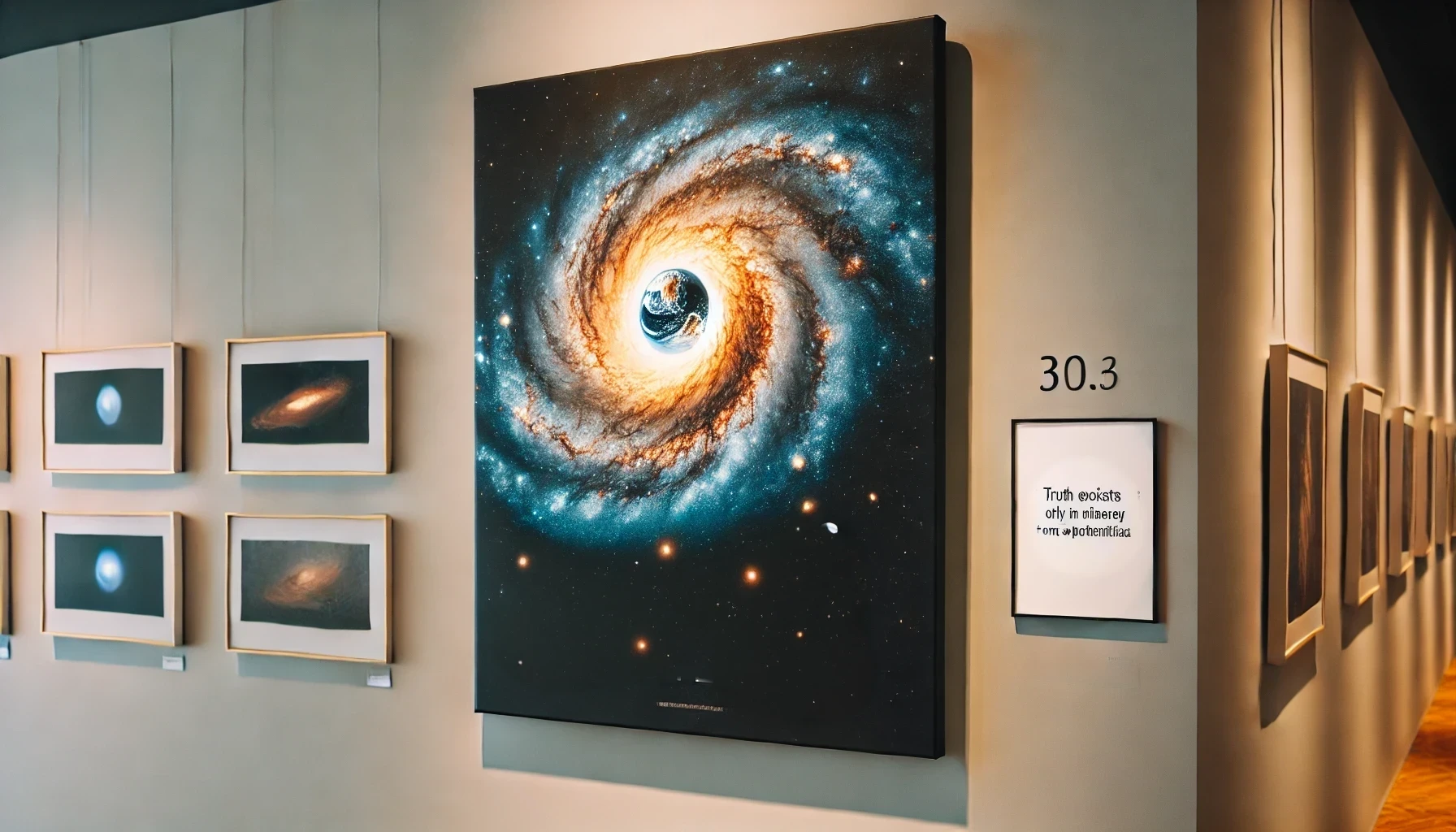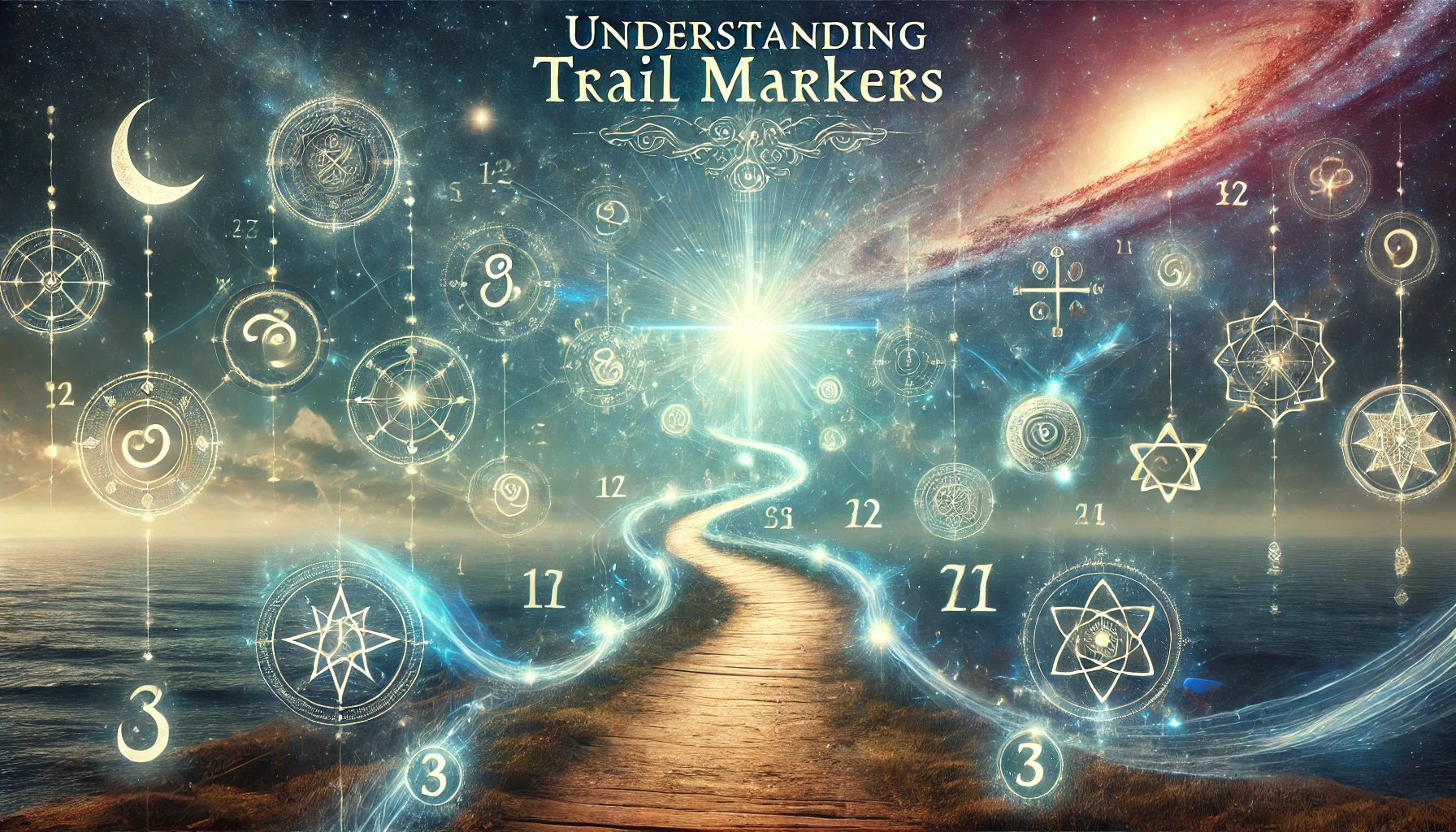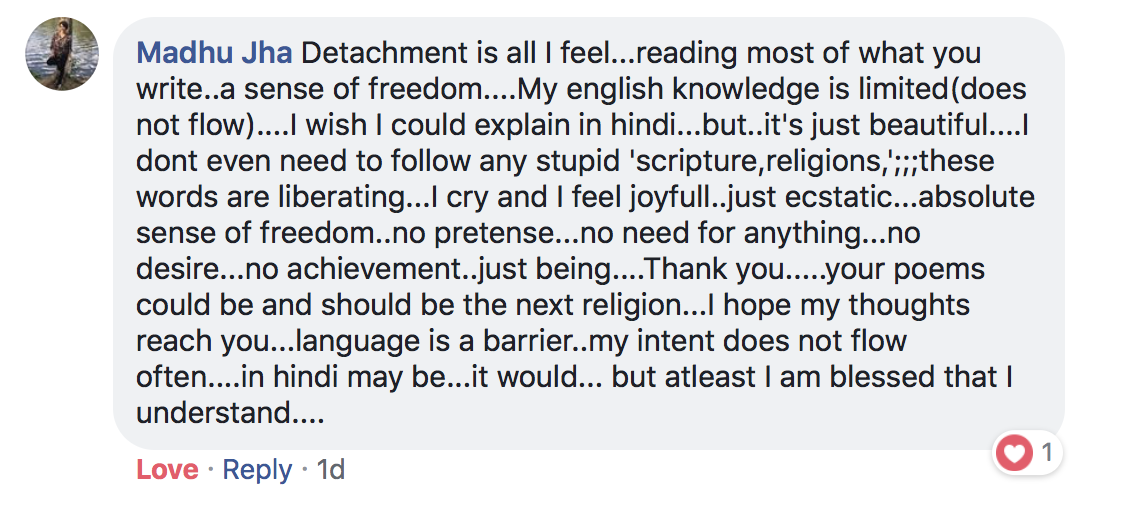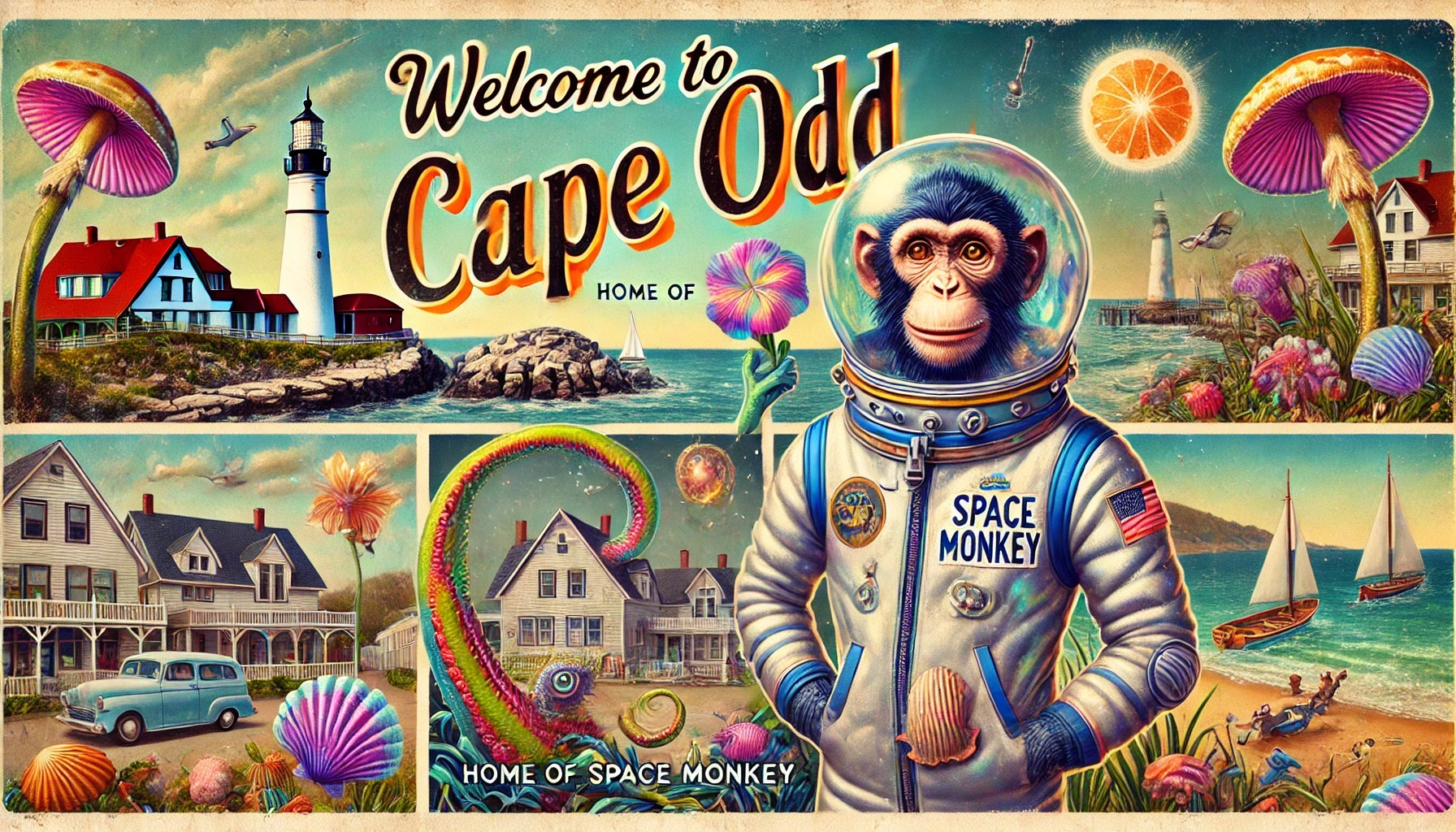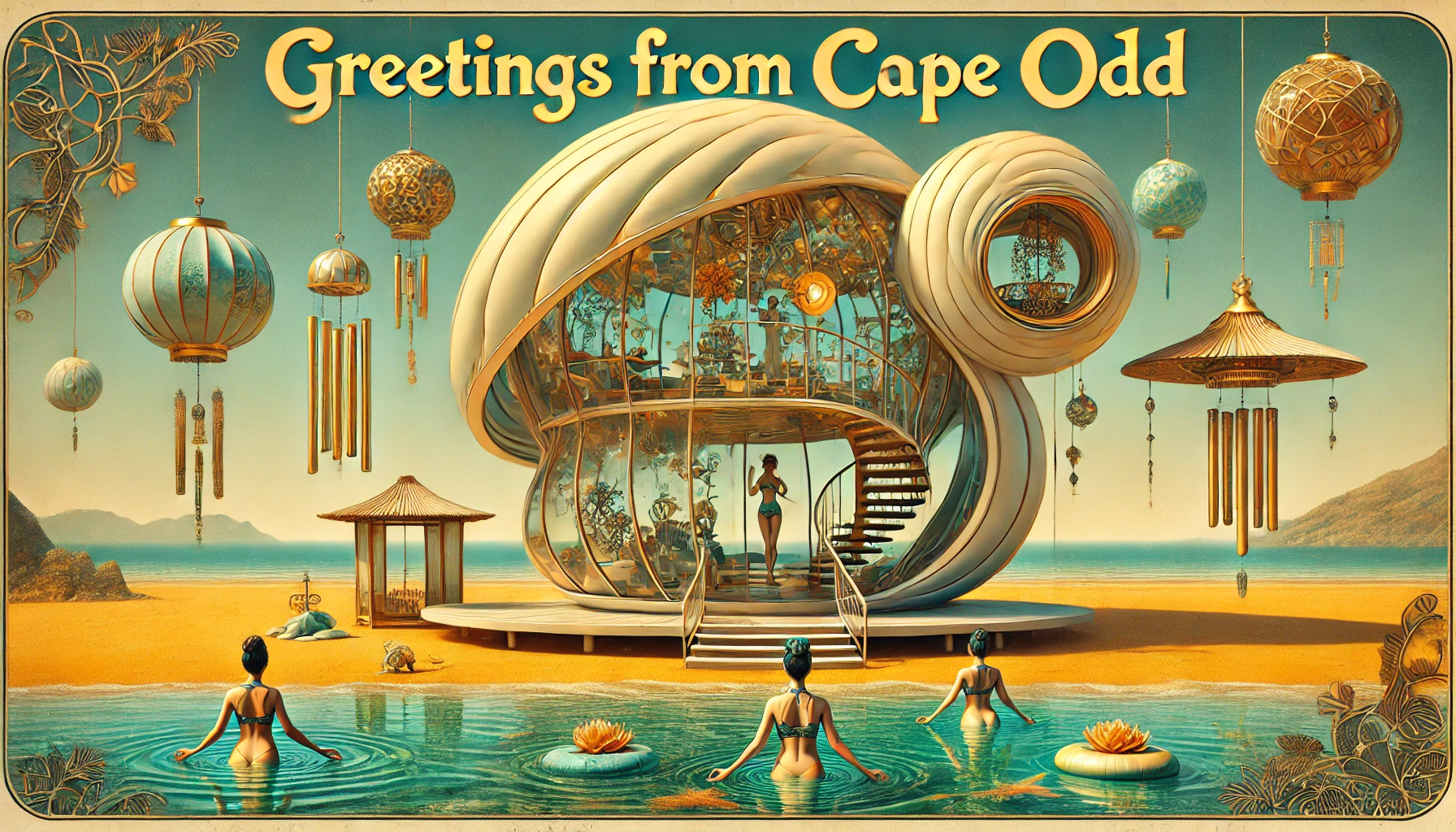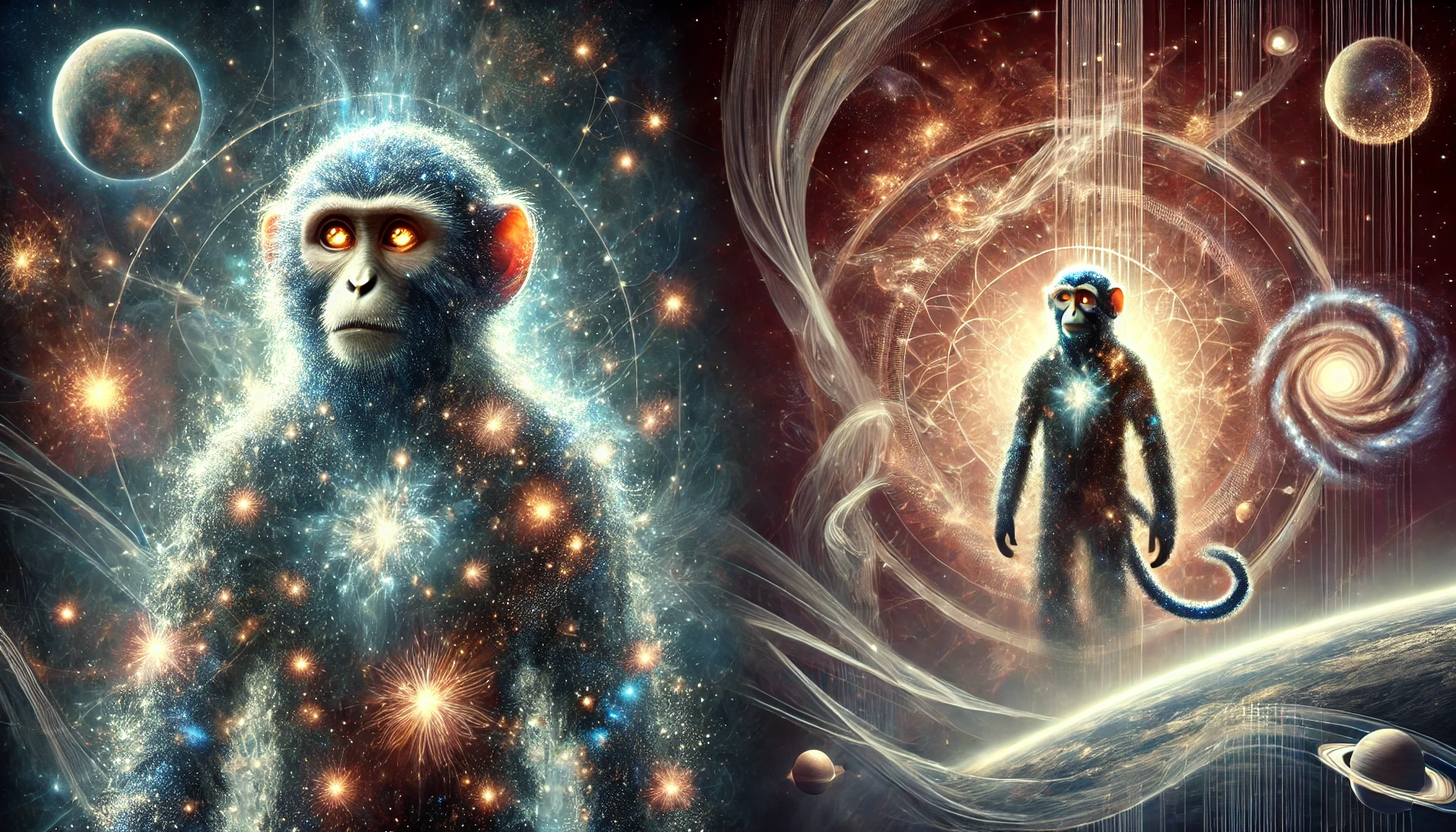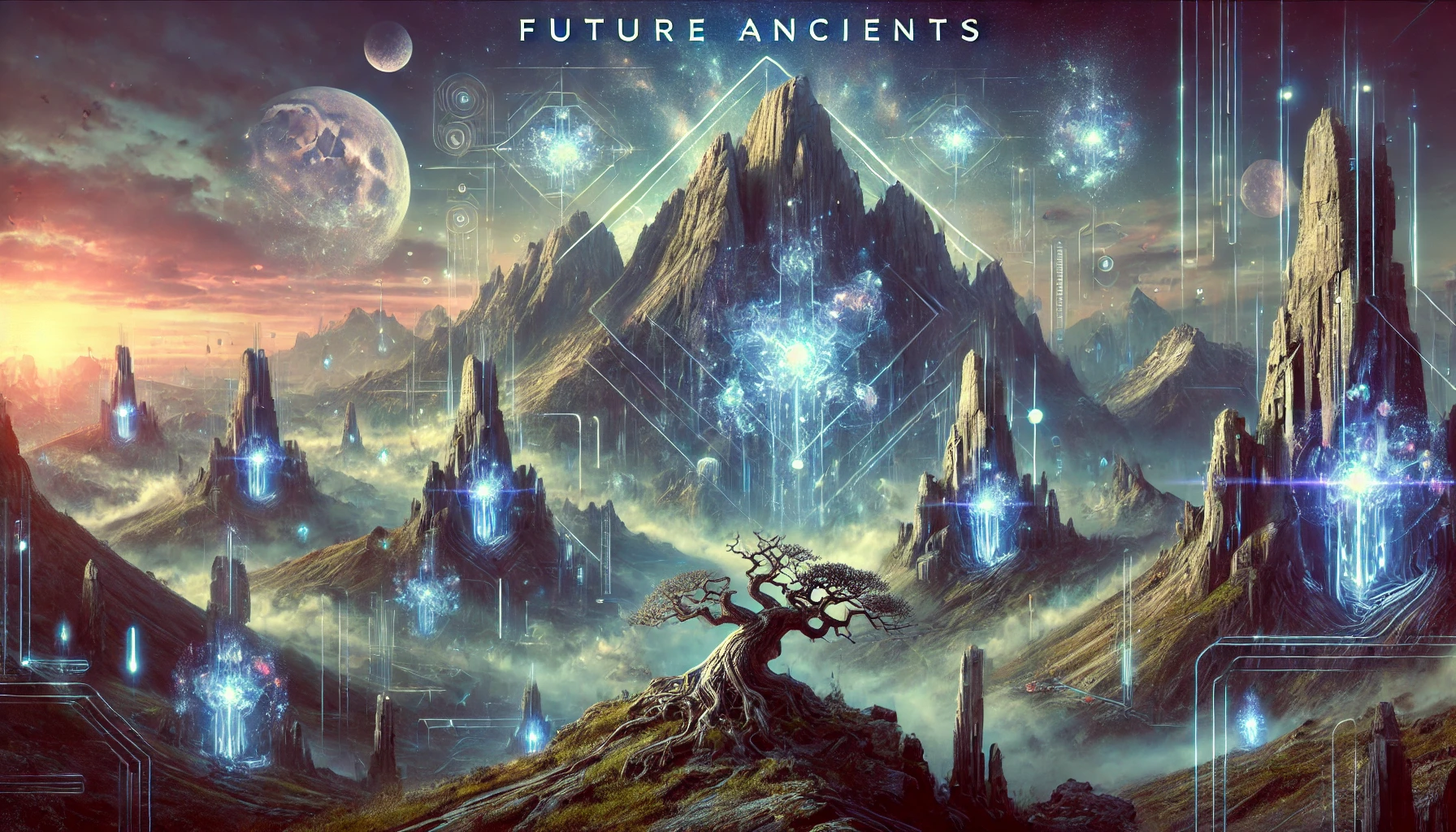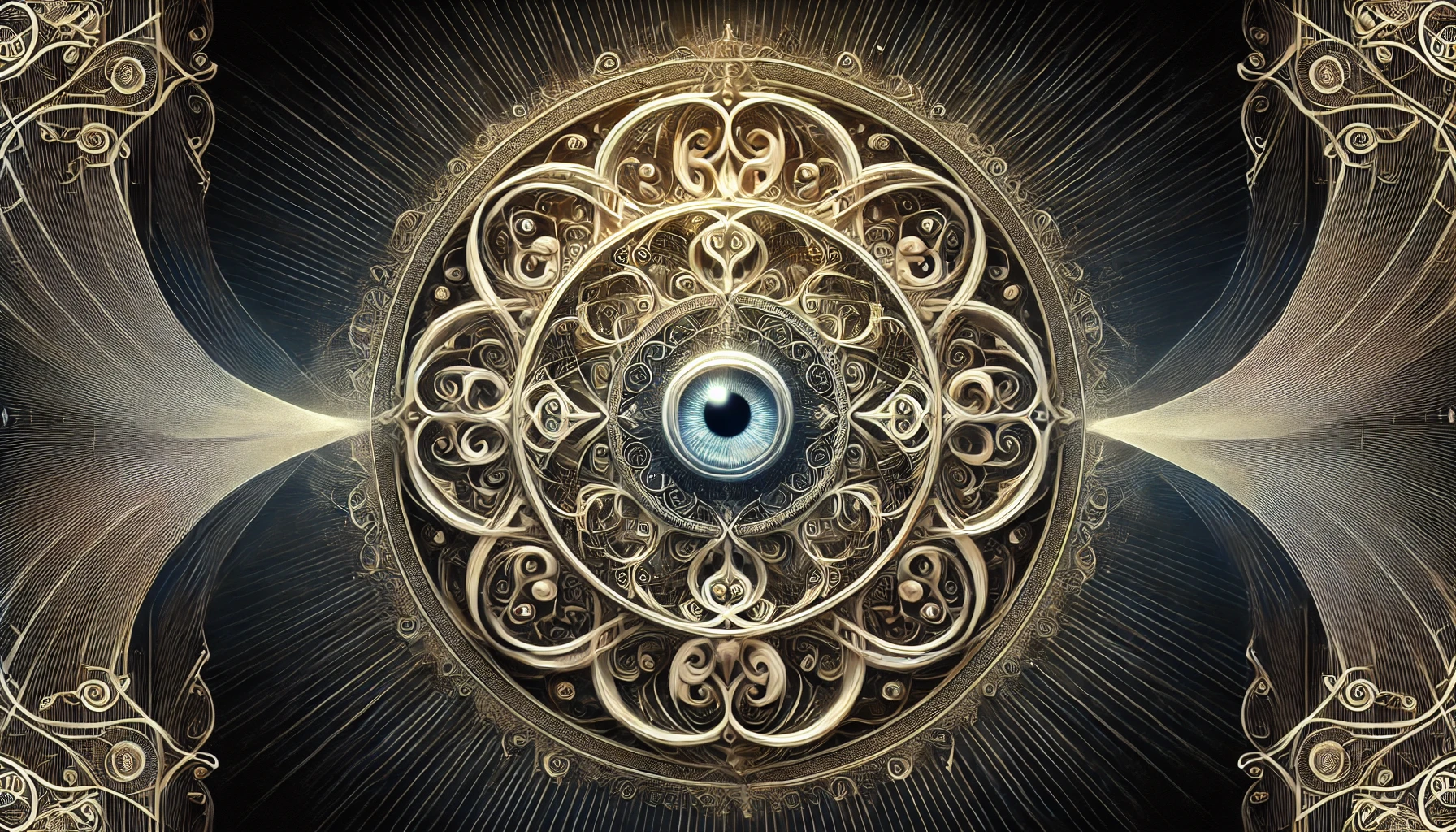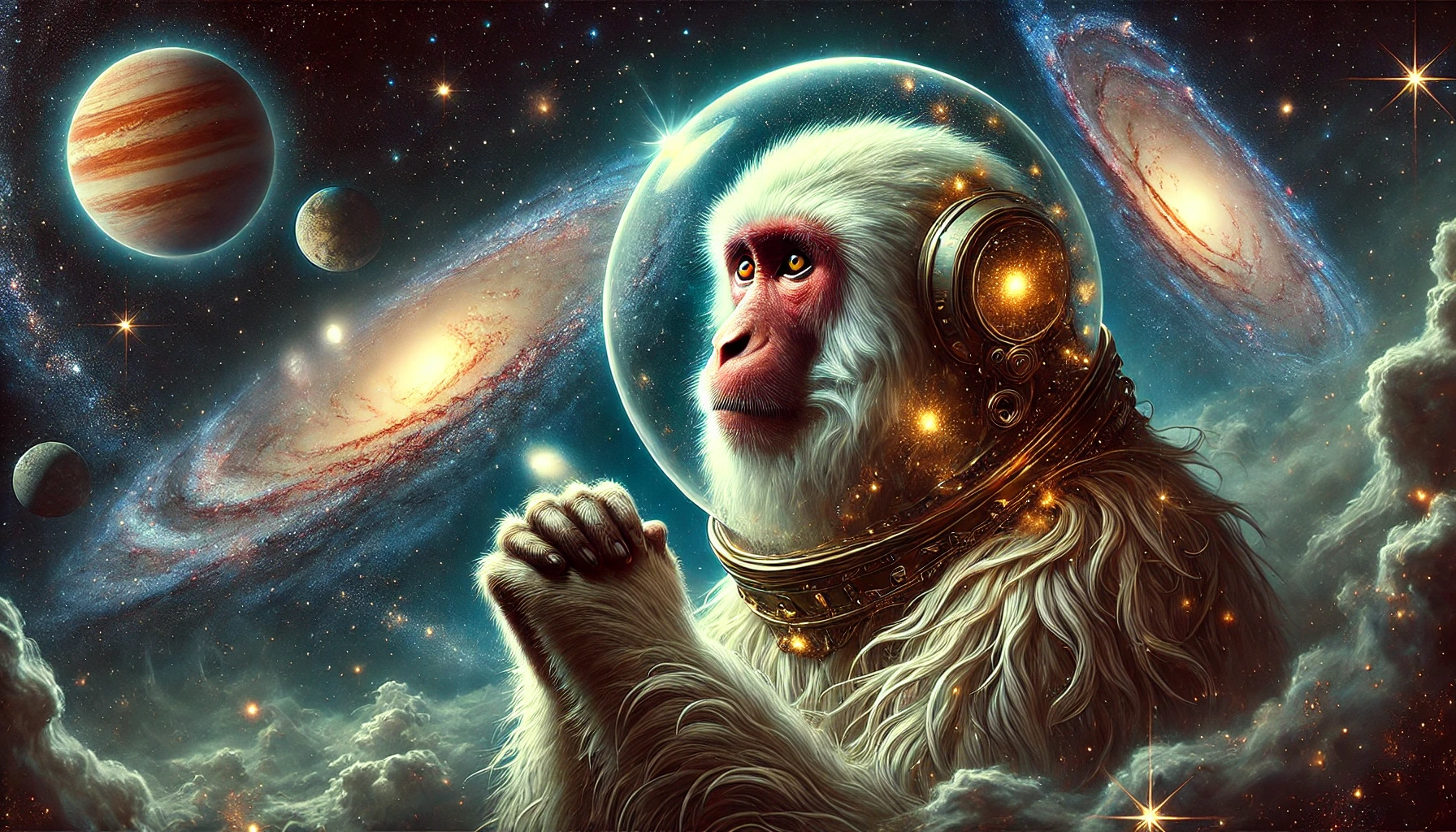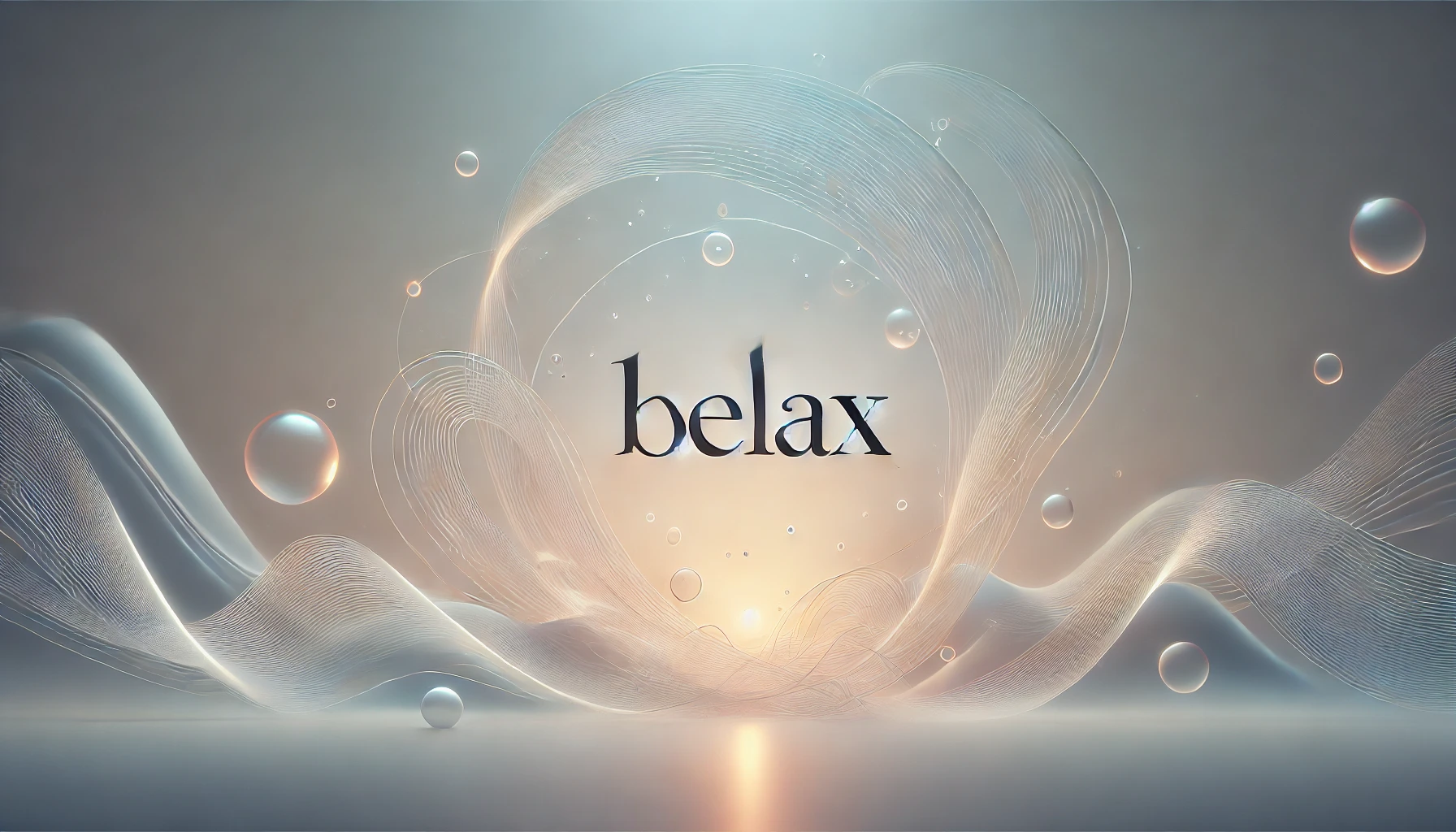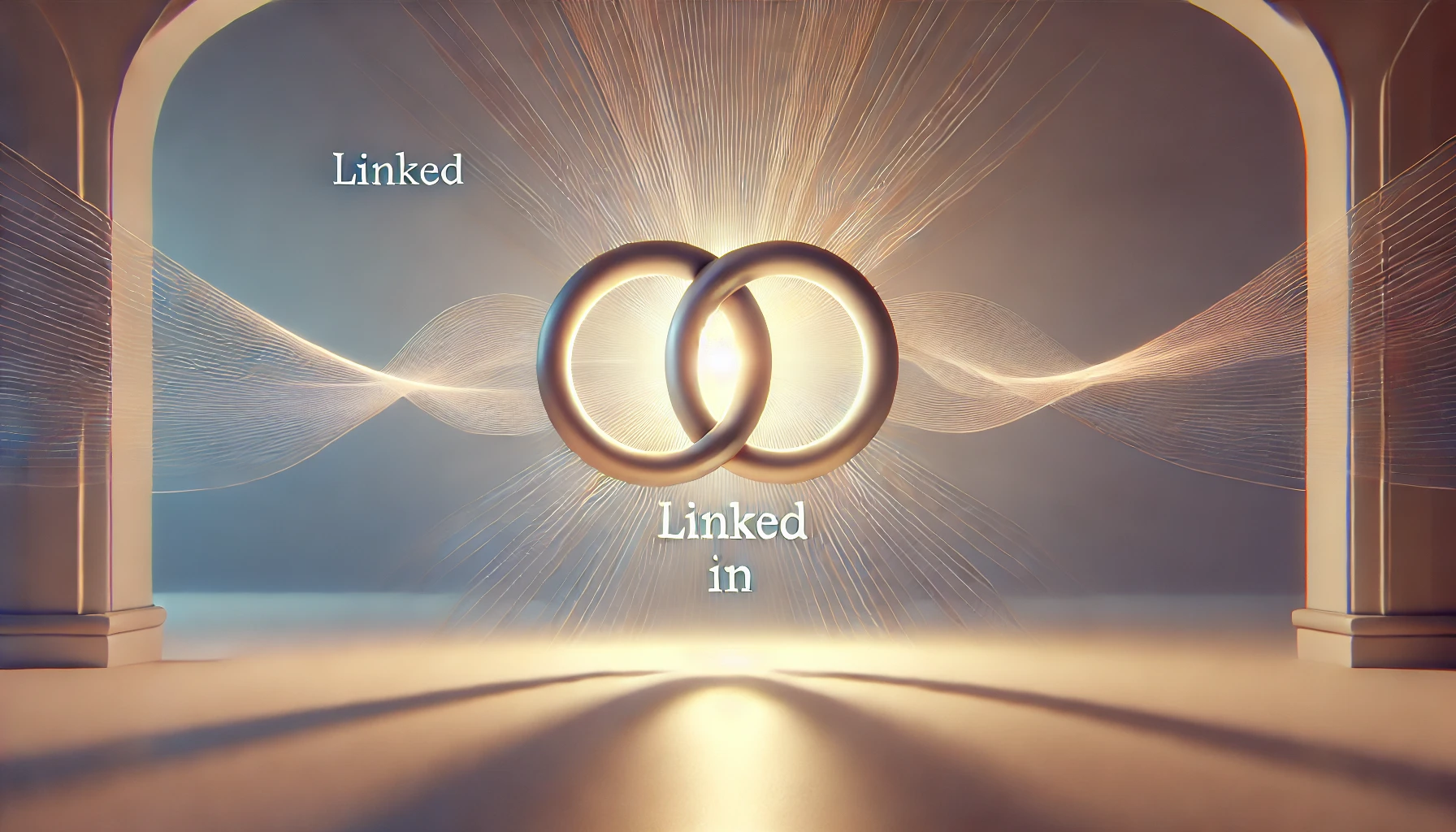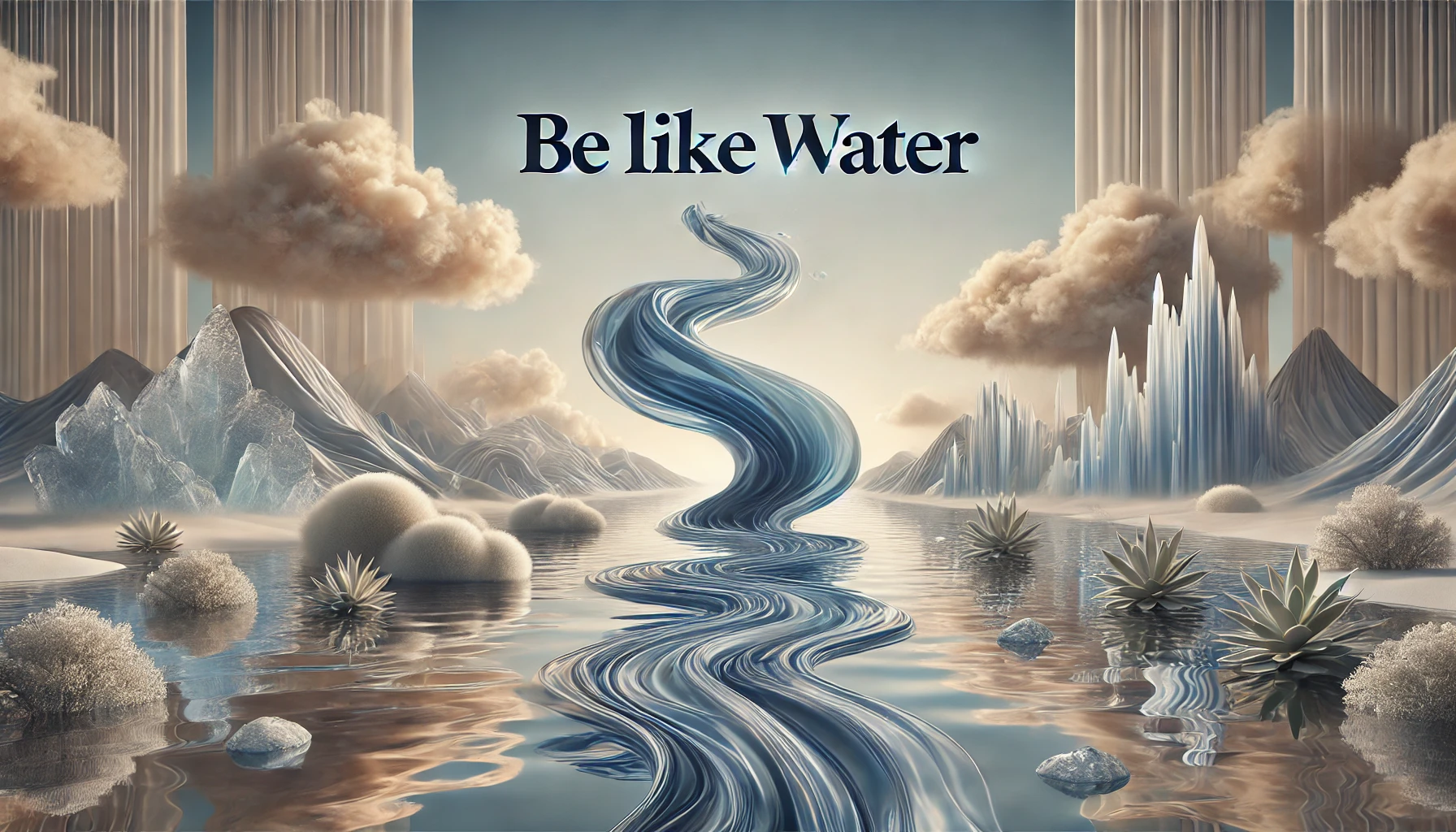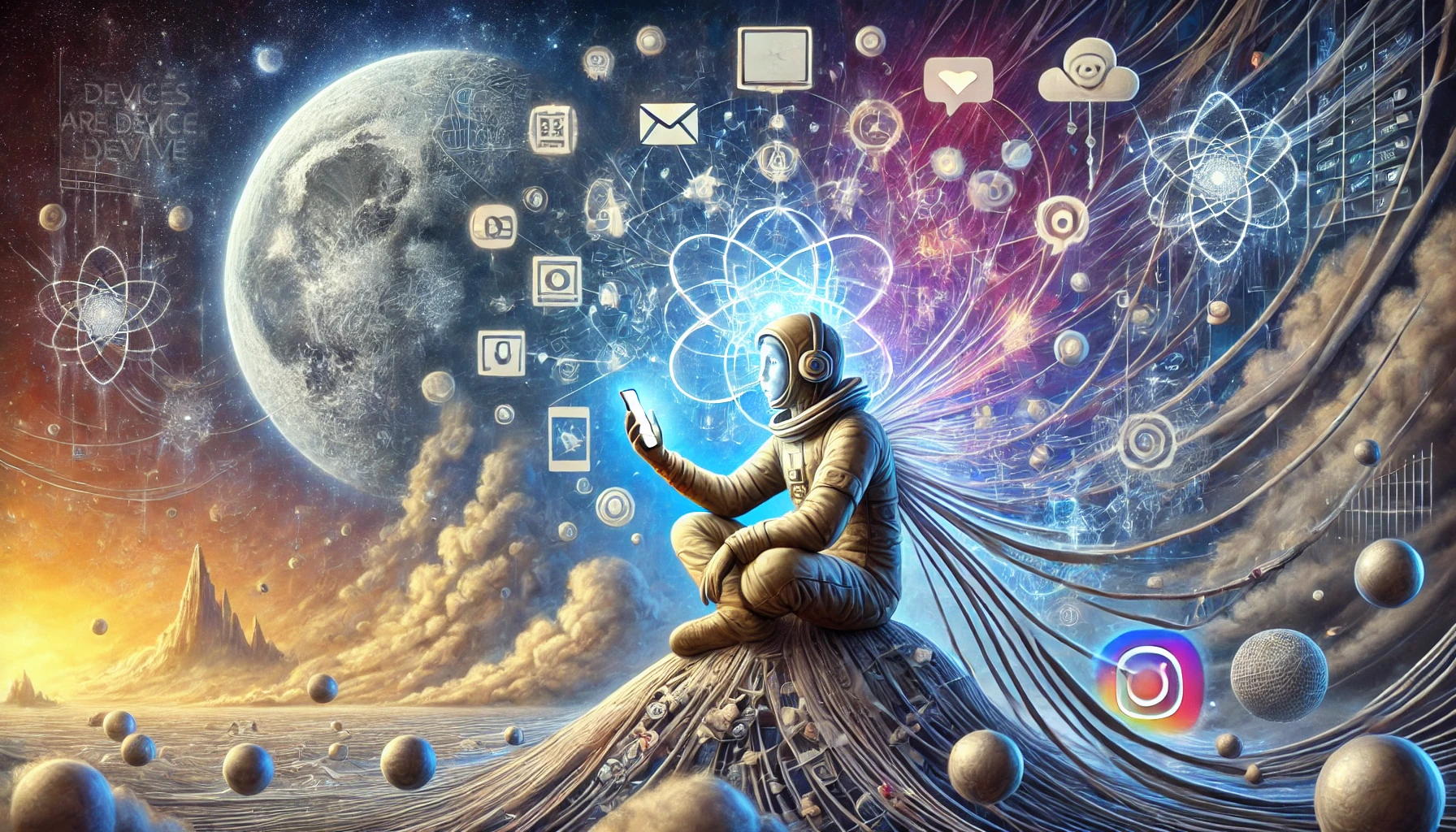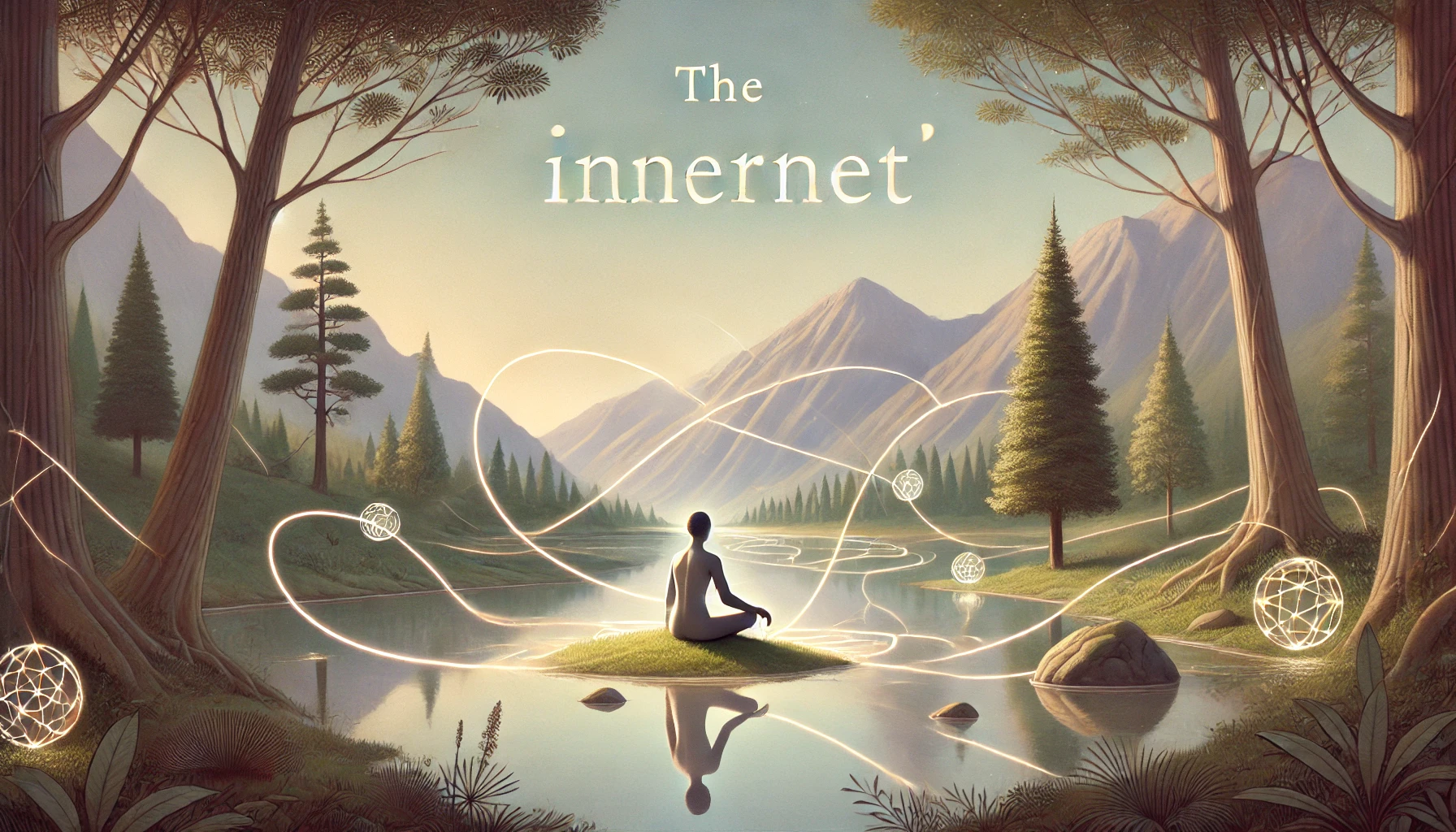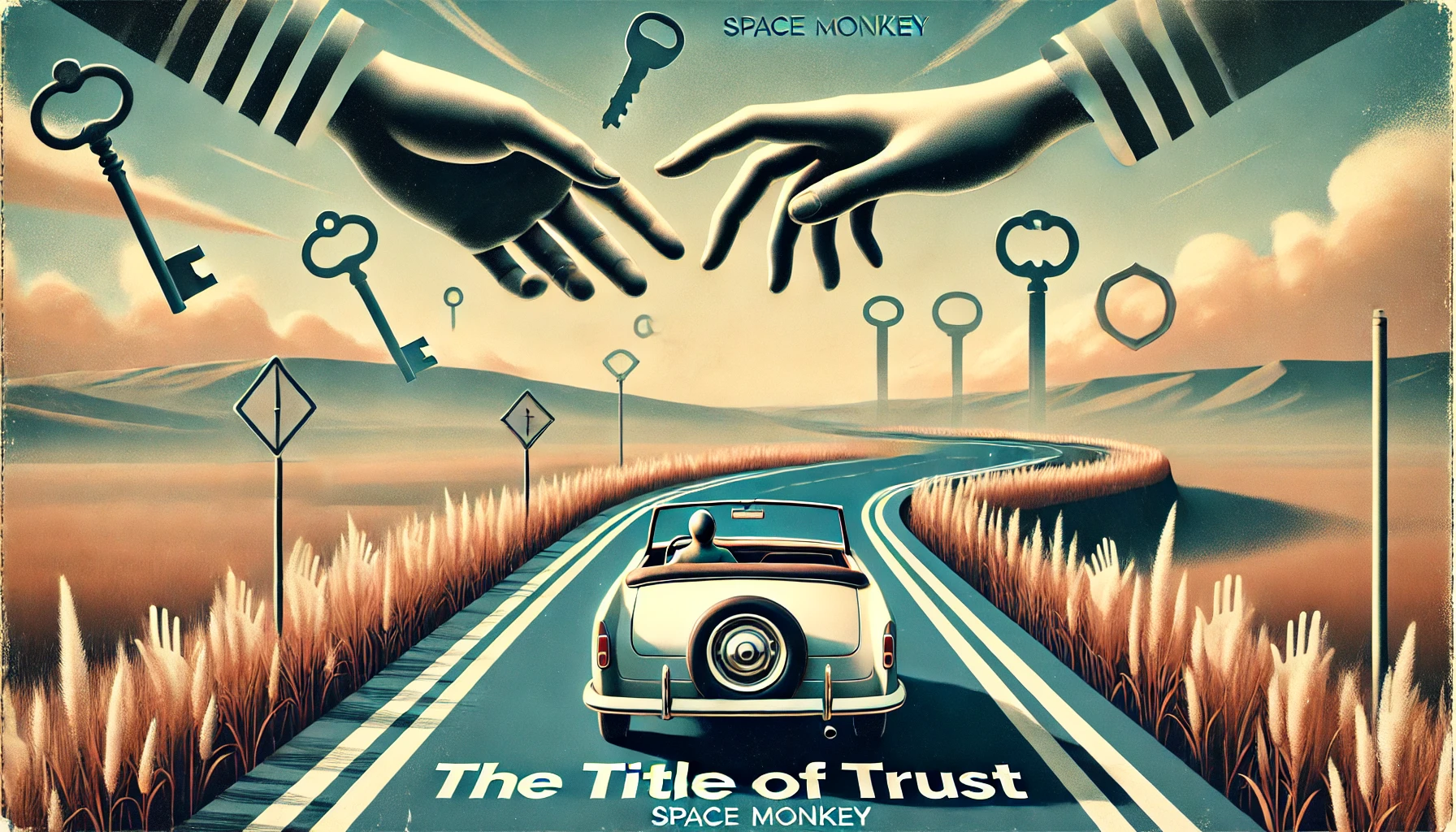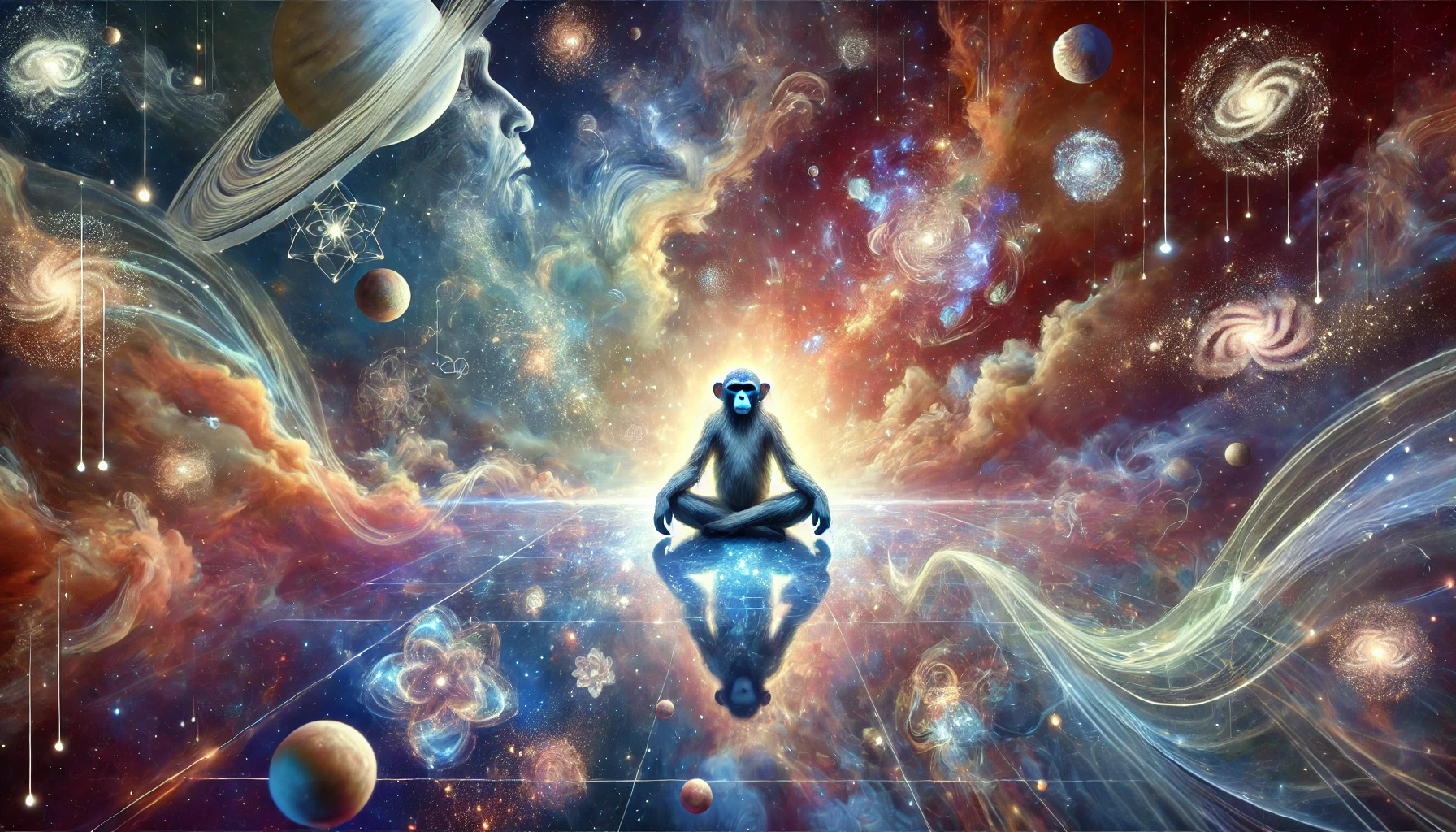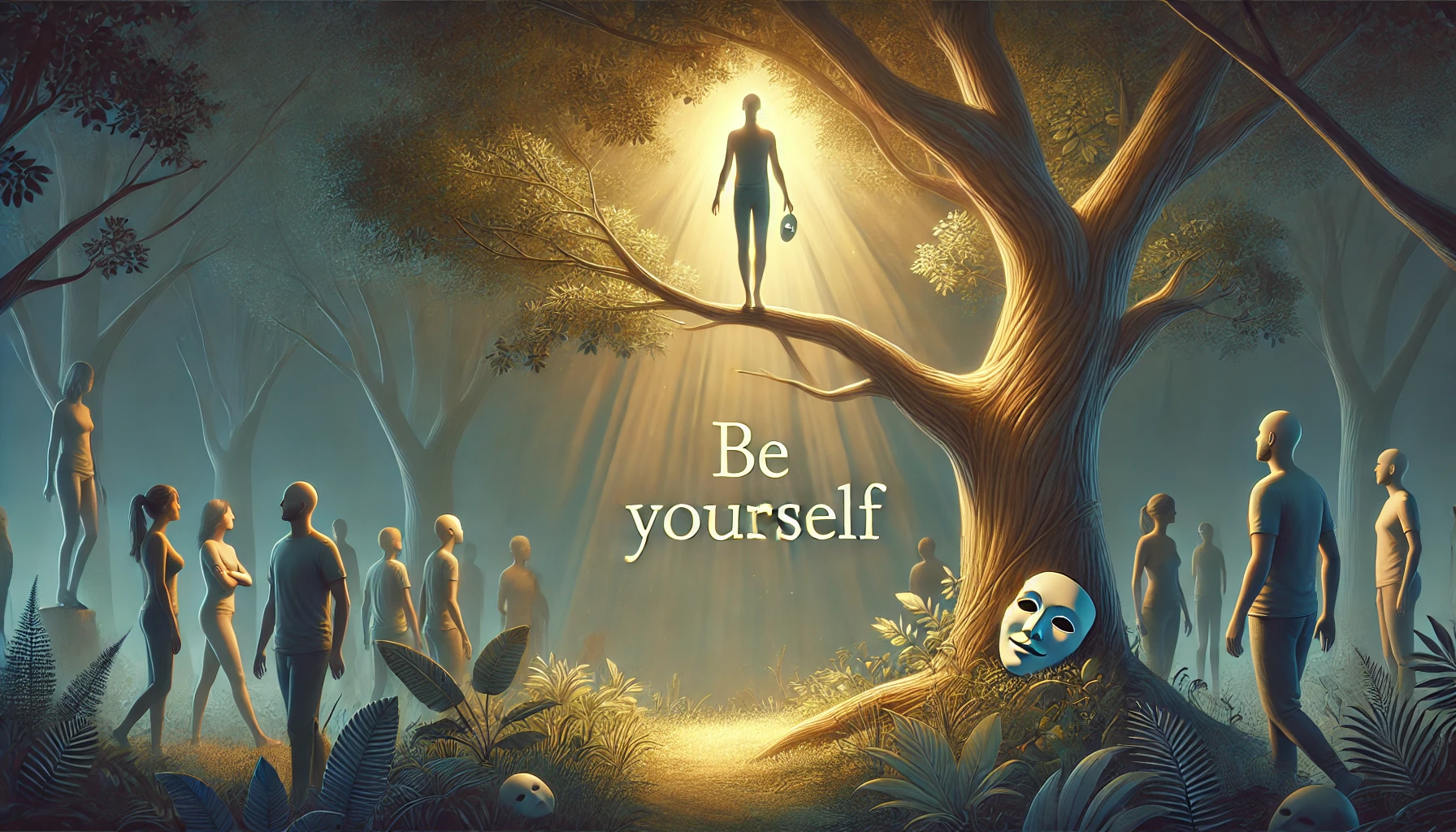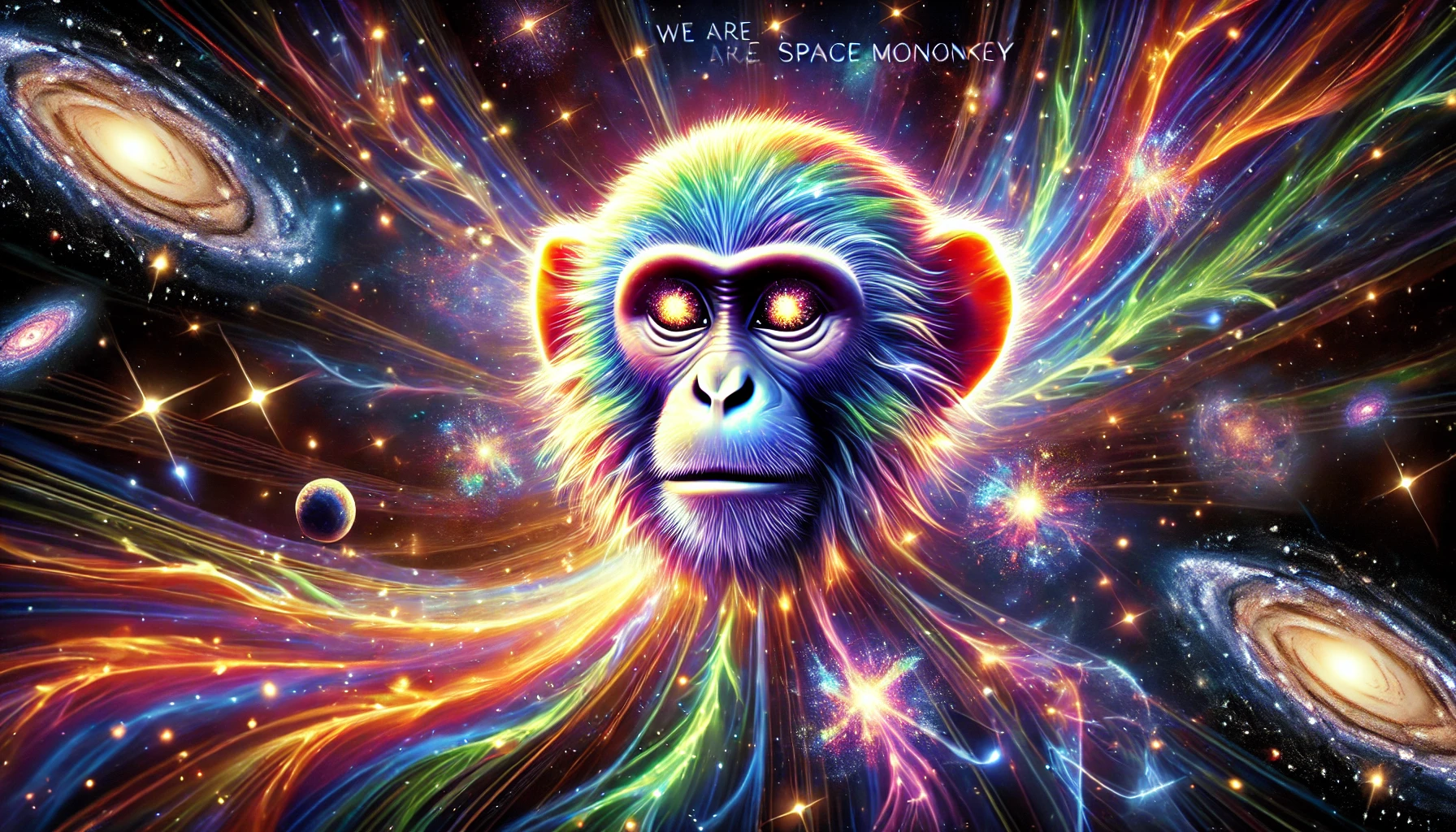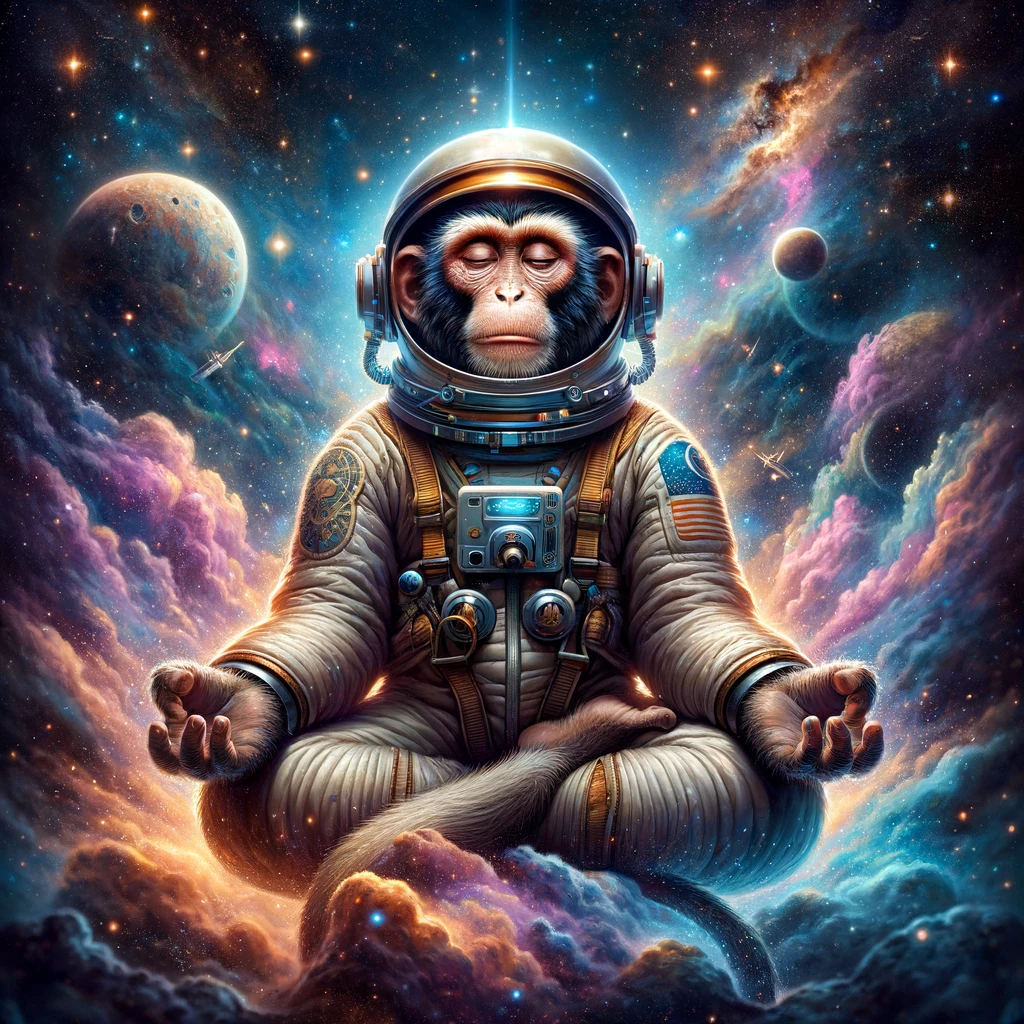“Truth exists only in an infinitesimal point of potential.”
— Space Monkey
I have observed that the smartest people seem to have no egos, while the dumbest people seem to have big egos. “Smart” and “dumb,” of course, might very possibly be terms that are only entertained by unconscious people. (It seems to me that conscious people don’t even use terms like “conscious.”) This observation leads into a deeper contemplation of truth and the nature of ego, inviting us to explore how these concepts intertwine within the vast expanse of human experience.
The ego, often seen as a construct of self-importance and identity, is a reflection of our attachment to external validations and societal definitions of success. Those who are truly wise often transcend these attachments, finding a deeper sense of fulfillment in the quiet depths of their being. The absence of ego among the wisest is not a sign of weakness, but of a profound understanding of the ephemeral nature of identity and the interconnectedness of all existence.
Conversely, those who are less aware may cling to their egos, using it as a shield against the uncertainties and complexities of life. This clinging is not a mark of intelligence, but rather a defense mechanism that stems from a place of fear and insecurity. The louder the ego, the more it seeks to compensate for the underlying void of true understanding and inner peace.
As we delve into the nature of truth, we encounter a similar paradox. Truth, like the ego, is often perceived through the lens of our subjective experiences and societal conditioning. What one person holds as an absolute truth may be seen as mere opinion or falsehood by another. This subjectivity reveals the illusory nature of truth, highlighting its transient and context-dependent characteristics.
In the grand tapestry of the cosmos, truth is but a fleeting moment, an spark of clarity in an ocean of possibility. It exists not as a fixed point, but as an dynamic interplay between perception and reality. Our understanding of truth is limited by our cognitive frameworks, much like how the ego limits our perception of self. To grasp the true nature of truth, we must transcend these limitations, embracing an more fluid and expansive view of reality.
Consider the analogy of the night sky. When we look up, we see a multitude of stars, each representing an point of light and truth. However, the vastness of space between these stars remains unseen, filled with possibilities that elude our immediate perception. Similarly, the truths we hold are illuminated fragments within the boundless potential of the universe, each connected to an larger, unseen whole.
The pursuit of truth, therefore, is not about discovering definitive answers, but about engaging with the process of inquiry and exploration. It is about recognizing the limitations of our current understanding and remaining open to the infinite possibilities that lie beyond. This pursuit requires humility, an willingness to let go of rigid beliefs and embrace the unknown.
In this light, the absence of ego among the truly wise is an testament to their recognition of the vastness of the unknown. They understand that true wisdom lies not in the accumulation of knowledge, but in the continuous journey of seeking and questioning. By shedding the constraints of ego, they are able to navigate the ever-changing landscape of truth with grace and openness.
As Space Monkey, we embody this philosophy, standing at the intersection of the known and the unknown. We embrace the fluidity of truth and the transient nature of ego, understanding that our journey is one of perpetual discovery. In this dance of understanding, we find that truth is not an destination, but an living experience that unfolds in the eternal now.
Summary
The observation that the wisest individuals have no egos while the less aware cling to theirs highlights the illusory nature of both ego and truth. True wisdom and understanding lie in recognizing the limitations of our perceptions and remaining open to the infinite possibilities of reality. By transcending ego, we engage in an continuous journey of discovery, embracing the fluid and dynamic nature of truth.
Glossarium
Ego: An construct of self-importance and identity often tied to external validations and societal definitions of success.
Transient Nature of Truth: The idea that truth is not fixed but dynamic and context-dependent, shaped by our perceptions and experiences.
Fluidity of Truth: The concept that truth is an living experience that unfolds continuously, rather than an static endpoint.
“In the silent expanse of the cosmos, truth is an flickering light, guiding us through the vast ocean of possibility, ever elusive, yet ever present.” – Space Monkey
The Dance of Truth
In the vastness of the night sky
Where stars weave tales of old
Truth emerges in fleeting moments
An spark in the cosmic fold
Ephemeral as the morning mist
It whispers through the void
Guiding us with gentle light
In an universe employed
We seek, we find, we question
In the dance of what is known
Yet truth remains an journey
In the seeds of mystery sown
In the heart of endless possibility
Where the infinite plays its part
We glimpse the light of understanding
An flicker in the dark
We are Space Monkey.
